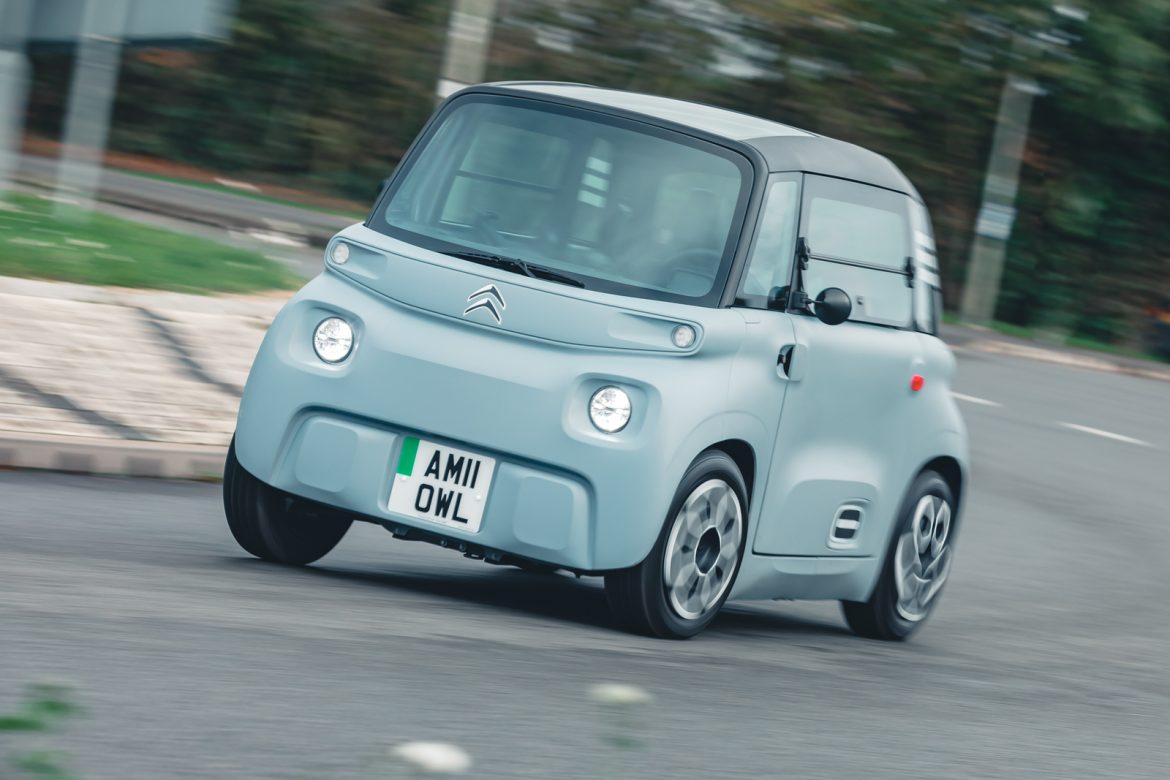Electric cars have been gaining popularity in recent years due to their environmental benefits and potential cost savings. However, their impact on the economy is often overlooked. In this article, we will explore how electric cars affect the economy from multiple perspectives.
- Automotive Industry
The rise of electric cars has disrupted the traditional automotive industry. As more consumers switch to electric cars, the demand for gasoline-powered cars will decrease, leading to a decline in the production and sales of traditional cars. This shift will also affect the supply chain, as electric cars require different components and materials than traditional cars. However, the production of electric cars will create new job opportunities in the automotive industry, particularly in the manufacturing of batteries and electric motors.
- Energy Industry
Electric cars rely on electricity to operate, which means that the demand for electricity will increase as more electric cars hit the road. This will create new opportunities for renewable energy sources, such as wind and solar power, as they can provide clean energy to power electric cars. However, the increased demand for electricity may also put a strain on the existing power grid, which may require upgrades and investments.
- Government Policies
Many governments around the world have introduced policies to promote the adoption of electric cars, such as tax incentives and subsidies. These policies aim to reduce greenhouse gas emissions and improve air quality. However, they also have an impact on the economy, as they can affect the sales of traditional cars and the revenue of the government.
- Consumer Behavior
The adoption of electric cars is largely driven by consumer behavior. As more consumers become aware of the benefits of electric cars, such as lower fuel costs and reduced emissions, the demand for electric cars will increase. This will also create new opportunities for businesses that provide charging infrastructure and services for electric cars.
In conclusion, the impact of electric cars on the economy is multifaceted and complex. While they offer many benefits, such as reduced emissions and cost savings, they also disrupt traditional industries and require new investments and policies. As the adoption of electric cars continues to grow, it is important for businesses and governments to adapt and embrace the changes.

